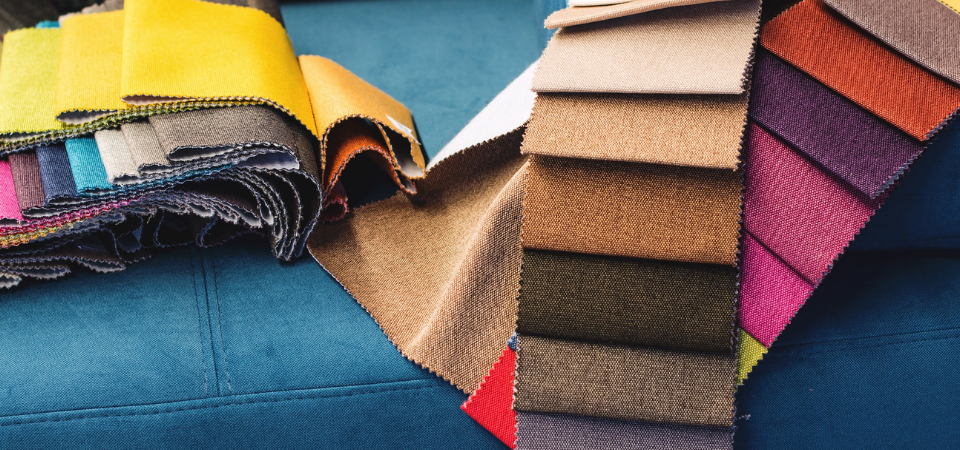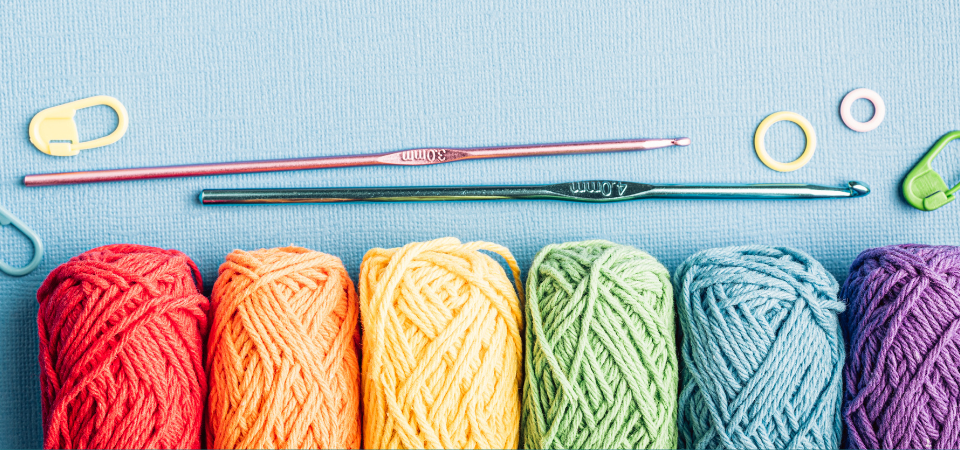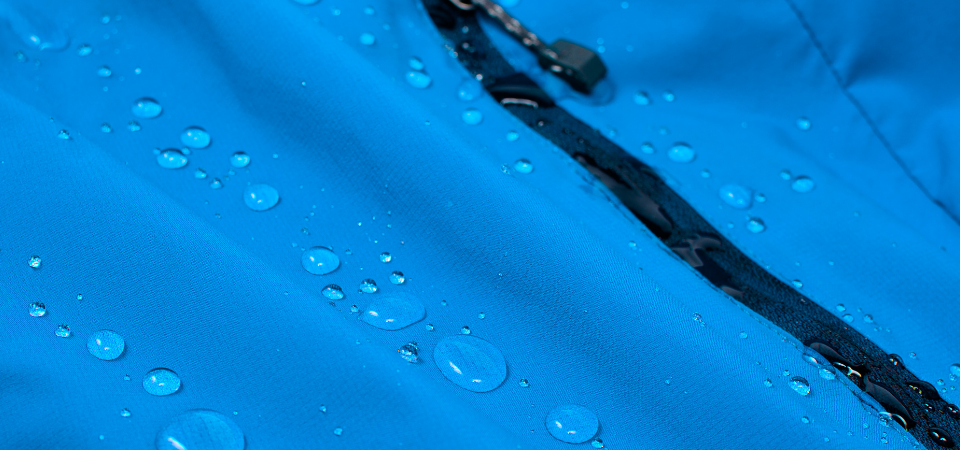
CMT vs. FPP: Choosing the Perfect Manufacturing Model for Your Brand
September 8, 2023
How Eco Friendly Fashion Leaves a Lasting Impression?
September 22, 2023Although the proliferation of rapid fashion opened new employment areas, it played a major role in the exploitation of workers and children in undeveloped countries. There are practices for this worldwide exploitation situation to improve and disappear. One of them is fair trade clothing. This concept includes equal and fair remuneration and environmentally friendly practices. It has a number of principles such as ensuring a safe and healthy work environment, paying fair wages to workers, preventing child labor, and adopting environmentally friendly practices. These principles contribute to the disappearance of income inequality and the emergence of equal treatment for all. For this reason, fair trade clothing is a movement that is very important in the fashion industry and supports the slow fashion approach.
What Is Fair Trade Clothing?
With the proliferation of fast fashion, many concepts such as sustainability and fair trade come to the fore. Fair trade clothing, one of these concepts, is used for clothes produced by ethical and fair standards. Everyone who takes it in the production phase and in the supply, process is under the scope of this concept. The aim is to reduce power imbalance and protect the rights of employees. Fair trade clothing consists of a series of strict guidelines and supports relevant institutions with these guidelines. It includes practices such as promoting sustainable materials, preventing child labor, protecting the rights of employees, and facilitating access to basic services such as health care. Consumers also have a certain responsibility because buying fair trade clothing-stamped products means supporting this approach and ensuring its spread.
What Is Fair Trade in the Fashion Industry?
Fair trade is an international movement and is generally maintained by developing countries. This approach, which advocates being fair in all areas, has sanctions such as fair pricing, fair wages, and a fair working environment. In addition, it supports the spread of sustainable and environmentally friendly practices in the fashion industry. Especially in ready-to-wear, long working hours, low wages, and child workers are quite high, and therefore fair trade plays an important role in the fashion industry. There are 10 fair trade principles that the companies concerned must apply to make the working conditions more humane. These principles are of great importance in terms of defending the rights of every person involved in the production and supply phase.
How Do You Shop for Fair Trade Fashion?
It is possible to participate in fair trade clothing as a consumer. It is quite easy to support this approach as a consumer, all you have to do is to support the products produced with this approach by purchasing them. The first step for this is to research the brands that work with this approach and to list the reliable ones. It will then be sufficient to maintain your shopping preferences through these brands.
Why Is Fair Trade Important?
Fair trade clothing is important because it both ensures that consumers receive fair service and paves the way for employees to be treated fairly by regulating the work environment. It is an advantageous approach in many ways. Fair trade clothing is one of the most ideal ways to support manufacturers. There are guidelines for manufacturers to earn a fair wage and not be affected by market fluctuations. Preferred long-term contracts for manufacturers protect the manufacturer’s rights and ensure stability. In addition, fair trade associations require an additional premium for producers to be used in areas such as health. In all circumstances, the manufacturer’s right is protected.
Fair trade clothing is also important for the work environment to be humane and for every person involved in the production and supply phase to be treated fairly. There are many procedures such as ensuring safety and health standards, preventing child labor, giving fair wages to workers, and regulating working hours. In addition, with this approach, worker’s right to organize and unionize is clearly protected.
This approach also includes sustainable and environmentally friendly practices. There are practices such as limiting chemical use, conservation of biodiversity, reducing waste, reducing resource use, and promoting the use of renewable resources. From these angles, it is possible to see the importance of fair trade clothing.
Principles of Fair Trade
The World Fair Trade Organization (WFTO) has standardized how companies will implement the fair trade approach with 10 basic principles. Member companies are obliged to apply the principles given below.
- It is essential to support disadvantaged manufacturers. Appropriate opportunities are created in the market for these producers and employment is supported. In this way, it is aimed to eliminate income insecurity.
- One of the highlights is transparency. Relevant companies should be transparent about production processes and adopt honest communication.
- Fair trade clothing practices should be supported socially, environmentally, and economically. The rights of the parties should be specified by the contracts, payments should be made on time and in full, and an appropriate environment should be provided for the working. None of the companies involved should make breakthroughs to profit from someone else’s loss.
- Fair pricing is essential for both the producer and the consumer. A price policy should be developed where everyone can benefit and be satisfied. In addition, it is an important detail to pay fair wages to every person involved in the process, both in production and in supply. Workers should get the fee they deserve. The fees given must provide a certain standard of living and be sufficient to easily provide the basic needs of individuals.
- It is important that child labor is not tolerated in any way.
- Working conditions should be equal for everyone. Everyone should be treated equally and receive the same wage, regardless of religion, gender, and race. It is important that no form of discrimination is supported.
- A humane working environment is one of the indispensables of this clothing. The working environment should be organized safely and healthily.
- In order to increase the capacity, an environment should be prepared in which all employees can demonstrate their talents.
- Each relevant company accepts fair trade clothing principles, contributes to the improvement of principles, and supports increased awareness by sharing.
- Finally, applications should be made to reduce the carbon footprint. Preferences should be changed sustainably and environmental movements such as biodiversity conservation and edible resource use should be supported.
Negative Global Impact of Traditional Clothing Production
The environmental, economic, and social negative impact of traditional production is undeniably high. The working environment, which is not well organized and security measures are not taken, often results in death. Especially in underdeveloped countries, it is much more likely to encounter this table. In addition, child labor can have devastating effects. Exploitation occurs when children are deprived of their basic rights, such as education. Long working hours also put every worker in the production and supply phase in a difficult situation. In addition, decisions made to cut costs greatly harm the environment. The fashion industry is one of the largest pollutants, and when a sustainable approach such as fair trade clothing is not adopted, problems arise such as depletion of resources, increased waste, and greenhouse gas emissions.
For these reasons, fair trade clothing has a significant impact on the fashion industry.




